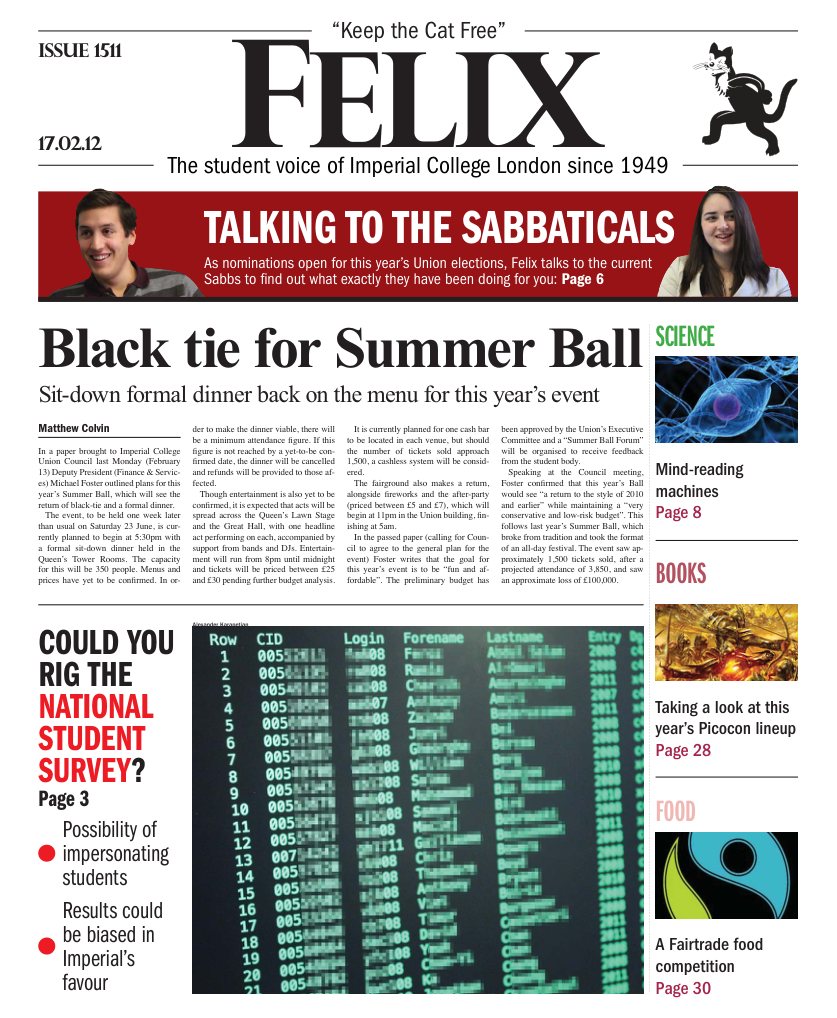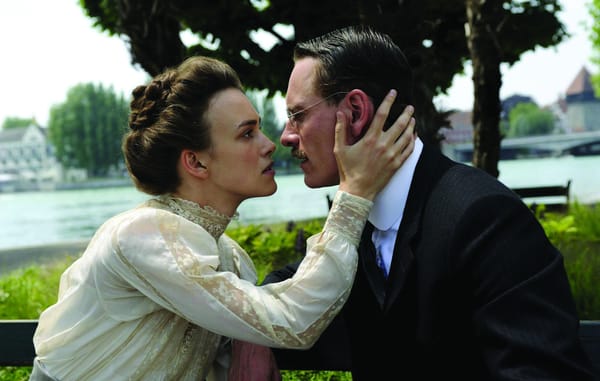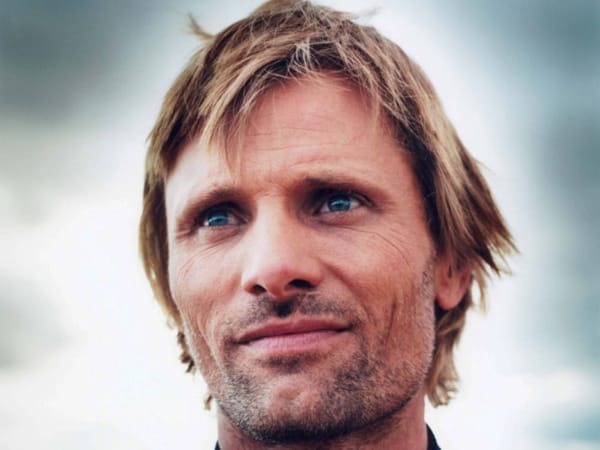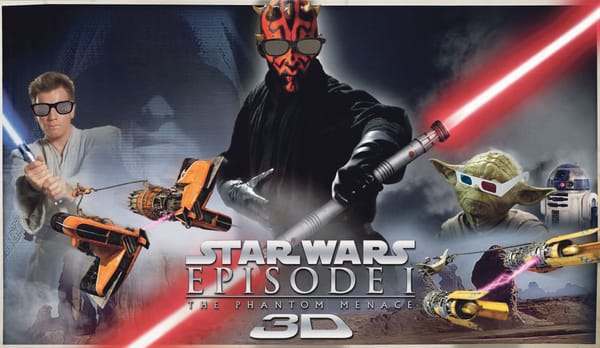Tim loves Timothy
Tim Arbabzadah discusses the five-decade-spanning James Bond series
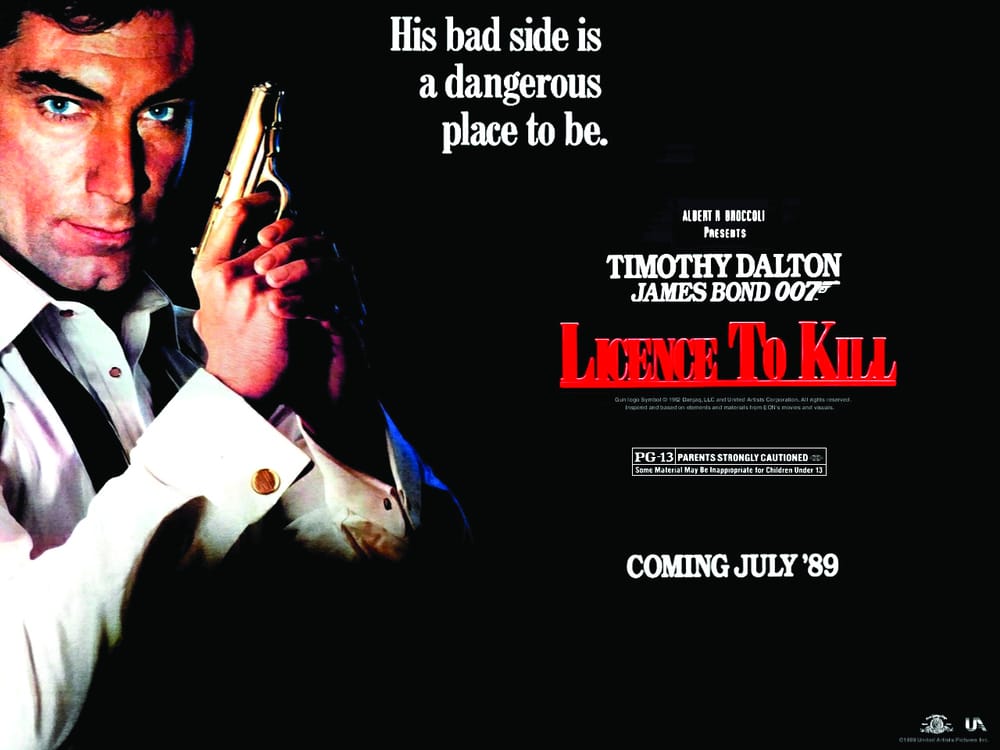
The James Bond franchise (I hate that word) is one that has been going for 50 years now. It’s amazing how everything about the films – from their genre to the characterisation – has evolved and changed over time. This gradual change in genre is interesting because it sort of parallels the general changes in society, not to mention in values. The original film, Dr. No, as well as the first few, were definitely much slower paced. They built up much more gradually, and there was much less action. The plot didn’t play out too quickly; I guess some may say it was too slow to move on the story, but that’s all a matter of taste. I would personally say that the later Bond films have evolved into being almost an action film. At times, they basically are just a big gunfight. The point I’m terribly making is this: life is lived today at a much quicker pace, back when (the excellent, well, in terms of playing the part, not in terms of some of his more abhorrent personal views) Sean Connery was 007, everyone was in less of a rush – yes, I sound incredibly old... Each Bond film, in many way, reflects the era it was made in. It even fell into the trap of the Blaxploitation era in Live and Let Die.
Each actor who played Bond brought something different to the table. Each Bond was different. Some fundamental constants remained, but the exact mix of traits differs wildly from actor to actor. I may not really have time to properly dissect each one individually, so if I leave out your favourite, then it’s probably due to space restraints.
In the first films Bond was much more brutal. He was coldly detached, but you could always sense a hint of moral fibre in there that the job hadn’t managed to knock out of him yet. He still retained the charm and raw attractiveness.
Then you have Roger Moore, who brought out the super suave side. Although, it must be said, it did get a bit ridiculous during his tenure. Proof: a space battle with LASER guns in Moonraker. A bunch of good and bad guys have a firefight in spacesuits. Huh? Is the reaction you’re looking for.
Then it comes to the man that I think has been unfairly forgotten to a large extent, Timothy Dalton. His two offerings are two of my favourites. He was the macho, angry, ruthless spy who had a job to do and wanted to do the right thing. His films definitely took the films in a much darker direction. They were definitely ‘grittier’, to use the current buzzword. They still had Q and some one-liners, however they were more ‘realistic’, as it were. By that I mean relatively – of course the action sequences weren’t exactly 100% plausible.
Why do I think these films are overlooked? Maybe it’s because there are only two of them. Perhaps it’s due to the massive gap between the second Dalton film and the first Brosnan film? Maybe they’re just not good and I just think they are. It’s hard to tell. I think it’s more a fact that, in a way, they were almost ahead of their time. Had they been made today, everyone would praise the harder edged, deeper Bond and the great balance between realistic and fantastical in the suspended disbelief world of Bond. Licence to Kill was certainly not a fluff action film. To start with, Felix Leiter, James’ best friend, has his wife killed and is later brutally mutilated, with his legs bitten off by a shark. That’s pretty damn intense. James Bond then goes on a solo revenge mission against the drug dealer responsible. He’s angry. Sounds a bit familiar? In my view, it’s the film that the terribly titled Quantum of Solace should have, and could have, been.
It must be said that in my mind Pierce Brosnan is what James Bond looks like. I did like his wry humour and that he injected a lot of levity into the role. His character was at ease and detached enough to almost find it all quite fun. It’s just because he is the one that I have grown up with. I remember watching Die Another Day in cinemas. At the time, to a 12-year-old boy, it was fucking amazing. Hindsight, and re-watching it, tells me that maybe I was a bit hasty in that conclusion. I also didn’t realize Rocky 3 was ridiculous until seeing it again recently; my judgment as a child was all over the place.
Daniel Craig hasn’t fully proven himself to me yet. Casino Royale was great and a refreshing change in direction. I feel a bit harsh to dismiss him on the basis of QOS. It wasn’t his fault that the script wasn’t good and when asked what the plot was, most people can’t give a satisfactory answer. The take home message, if there is one, is that each film represents the era it was made in to some degree. It is a quite interesting point (yeah I would say that wouldn’t I? I wrote this after all) that something as seemingly non-consequential as films about a badass spy can throw up a point about how times have changed. It seems like the two Timothy Dalton films were a bit ahead of their time and therefore aren’t thought of too kindly, but time will judge them well. Watch The Living Daylights and Licence to Kill and make up your mind. You must at least like the title song to The Living Daylights, I mean come on, it’s by a-ha.


